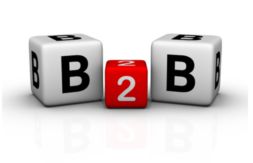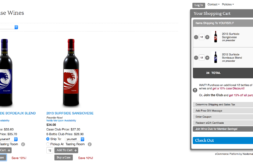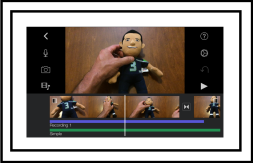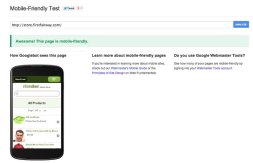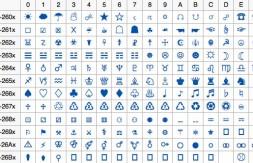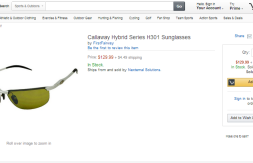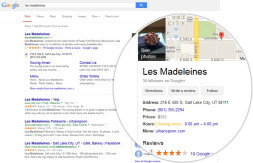3 Simple Targeted Email Promotions That You Can Run Today!
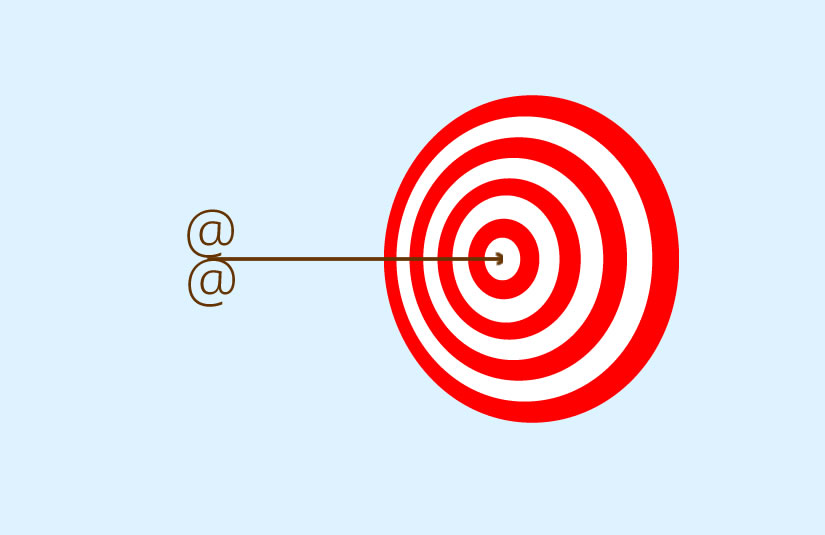

Target customers based on order history.
If you are like most merchants, you are taking the “batch and blast” approach, and sending the same email marketing message to all of your customers. However, studies have shown that this approach can erode results over time. By segmenting your customers based on common purchase history, it is actually quite simple to create effective promotions that speak directly to your audience. Following are three examples:
Example 1:
Scenario: You have a product with limited supply such as a bottle of wine. Perhaps you only have 100 cases left of a specific vintage.
Search Criteria: Execute a search in your database for all customers that have ordered that particular wine before. (In Nexternal’s eCommerce Platform: Customers / Advanced Search/ Sort / Order History Search / Check Customers who have ordered the product X)
Messaging: We hoped you enjoyed our 2009 Napa Valley Cabernet Sauvignon. Because you ordered this wine in the past, we wanted to let you know that we are down to our last 100 cases. If you would like to order more, now is the time to do so (Provide a link to that product here)!
Helpful Hint: In your clear call to action (hint hint), consider appending the add to cart quantity like this: http://store.surfsidecellars.com/2009-apan-valley-cabernet-p3.aspx?AddQuantity=1 or better yet, like this if you want them to add a full case to the cart right from the email! http://store.surfsidecellars.com/2009-apan-valley-cabernet-p3.aspx?AddQuantity=12
Example 2:
Scenario: You notice that you have some customers that haven’t ordered from you in the last year.
Search Criteria: Execute a search in your database for all customers that have not ordered in the last 12 months. (In Nexternal’s eCommerce Platform: Customers / Advanced Search/ Sort / Order History Search / Check Customers who have not ordered since X). It may seem counter-intuitive to reward customers for not being loyal, but it’s much better to get them back as true customers.
Messaging: Unfortunately we noticed that you have not ordered from us in the last year:( We do value you as a customer and would like the opportunity to earn back your business. Please accept this coupon for 15% off your next order. This coupon is good for the next two weeks. If for some reason we failed to meet you expectation on your last order, please let us know by emailing us. We promise to make every effort to exceed your expectations going forward.
Helpful Hint: Run a customer clean up first to merge any duplicate customer records. This will ensure you are not emailing someone that has ordered from you in the last year, but has duplicate accounts in your system!
Example 3:
Scenario: Unlike the last email, you want to reward those customers that are loyal patrons!
Search Criteria: Execute a search in your database for your top customers based on the number of orders they have placed (Customers / Advanced Search/ Sort / Order History Search / Check Top 50 customers based on number of orders). Rewarding regular customers creates a true sense of loyalty and provides further incentive for them to stay loyal.
Messaging: Congratulations, you have been identified as one of our most loyal customers based on the frequency with which you order from us. We truly appreciate your patronage and would like to reward you with 20% off your next order! Here’s a one-time use coupon as our way of saying thank you.
Helpful Hint: Include the coupon in the link to your store so that the customer doesn’t have to enter a code like this: http://store.firstfairway.com/?Coupon=golf
Speaking directly to consumers is a sure fire way to get a great response. If you have run other successful promotions based on purchase history, please share them in the comments of this blog!

